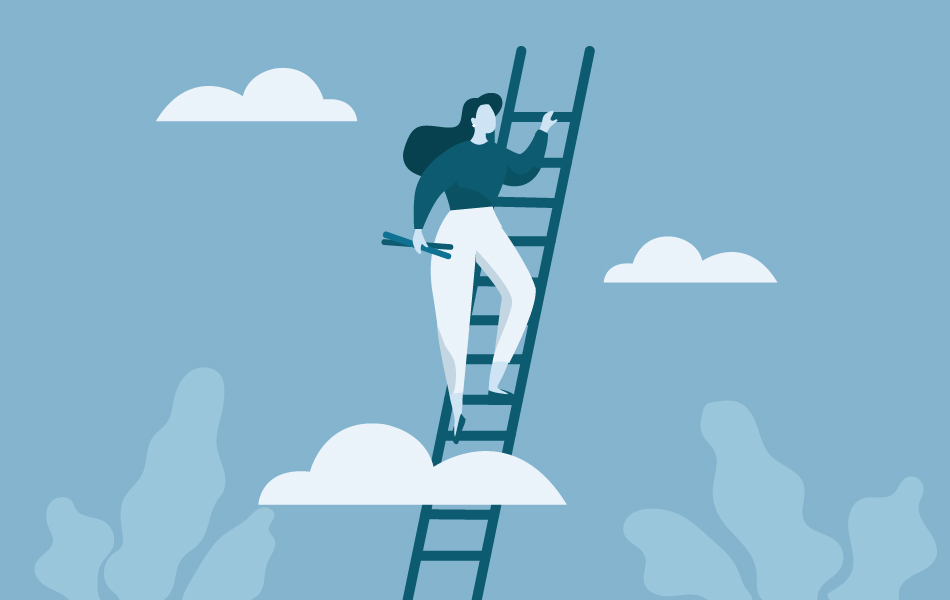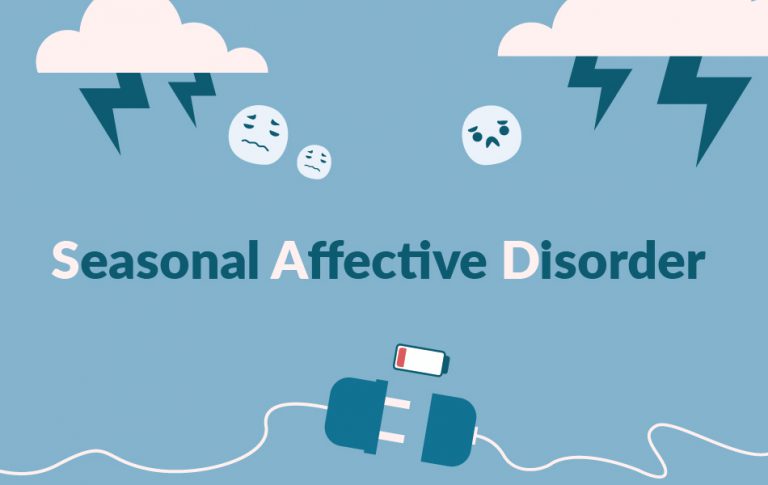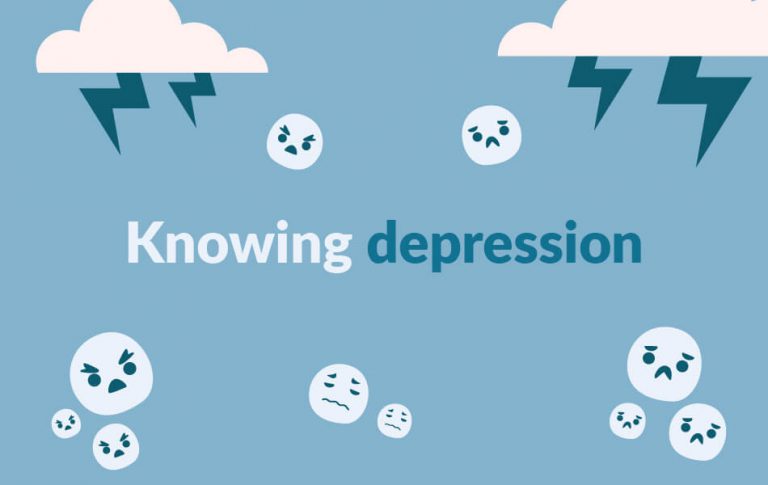In celebration of National Woman’s Day, we’d like to shift our focus to a topic that doesn’t get much attention – women and mental health.
Although there are some mental health conditions that do not discriminate when it comes to things like age, gender, and socioeconomic backgrounds, there are a few conditions that are more commonly diagnosed in women. In a previous post we discussed this prevalence, along with the reasons behind its manifestation as well as the connection between mental and physical health in women.
The truth of the matter is that the female experience – from physiology to lifestyle – is totally unique, and so it stands to reason that the way in which mental illness affects them would be too.
Standards and expectations…
We’ve been introduced to powerful stances for women recently. Take the #MeToo movement for example, or even the fight against body shamming or mum bashing. The purpose of these important and powerful messages are rooted in a truth that isn’t voiced enough. A truth that is basically this: women – including mothers – feel a lot of pressure when it comes to upholding a certain standard.
A standard set by a patriarchal society, that’s endured centuries unaltered despite everything else having evolved in the world. To complain or express difficulty with even one facet of what it means to be superwoman/supermom, would mean that she has failed.
The reality is that women face mental health challenges because of their unique experience and personal demands. Working moms experience a different type of stress compared to working women who don’t have kids. On the flip-side, depression among stay-at-home moms is fairly common. Then there’s abuse of women – more common than that in men – which also makes them susceptible to experiencing trauma and other mental health conditions.
So is it the work? The family? Life and all its woes? Well, taking into account what each woman experiences in her own life, it could be a combination of stress, isolation and burnout coupled with the kind of biology that specifically influences symptoms of mental health conditions. All things considered, women still face social pressures dictating the benchmarks of success and failure. Despite the many victories and accomplishments made by women, collectively, they experience the world so differently to male counterparts, and yet is rarely regarded as such when it comes to mental health conditions.
Taking your power back
Women’s mental health and overall well-being should be a subject we keep talking about. Each day we get closer to diminishing the barriers surrounding mental health and we fully believe that there is no shame in managing a mental health condition, nor does it signify weakness. In fact, taking control of your mental health is a sign of great courage and strength.

Some of the most powerful women in the world not only struggle with mental illness, but are speaking out about it in the hopes of destroying the negative stigma that forces far too many to suffer in silence. Beyonce, JK Rowling, and even Oprah have opened up about their battles with depression.
Oprah, easily the most influential human being on the planet, has also started a series focusing on mental health and how the human spirit can fight back from the darkest of places.
At ZwavelStream Clinic we understand the importance of movements like MeToo and FemaleFirst, providing support and guidance to those who want to take back control and enjoy a better quality of life.







